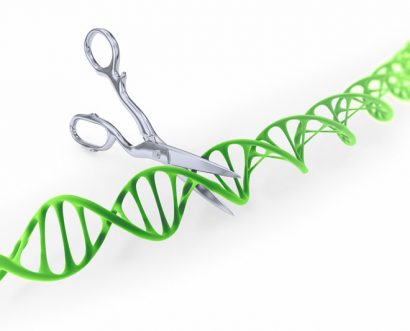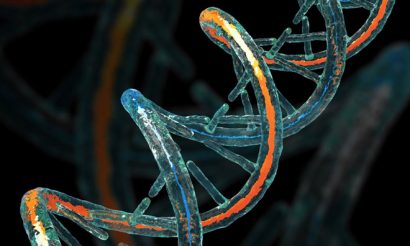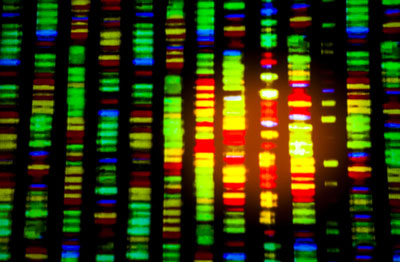C is for CRISPR
Posted: 16 November 2016 | Niamh Louise Marriott, Digital Content Producer | No comments yet
C is for CRISPR – the next instalment of our daily pharmaceutical alphabet bringing you up to date with all the latest news and research of CRISPR technology

With just over a month left until the end of year, we decided to bring together the biggest and best pharmaceutical drug discovery news from over the last 12 months to make sure you’re up to date when it comes to our ever growing industry. An opportunity to look at how far we’ve come in our fight against the world’s deadliest and most widespread diseases, and how very far we still have to go in finding new drug targets and treatments against many more. From Alzheimer’s to Zika, drug discovery to preclinical studies, new treatments, better medicines, healthcare cuts and novel approaches – all to find solutions to the many unmet calls for aid seen around the globe, let Drug Target Review put you in the know.
C is for CRISPR
Researchers from the Wellcome Trust Sanger Institute and their collaborators have adapted a CRISPR gene editing technique and used it to find new therapeutic targets for acute myeloid leukaemia

Research finds that CRISPR technology inactivates cancer mutations
Geneticist Jennifer Doudna co-invented a groundbreaking new technology for editing genes, called CRISPR-Cas9. The tool allows scientists to make precise edits to DNA strands, which could lead to treatments for genetic diseases … but could also be used to create so-called “designer babies.” Doudna reviews how CRISPR-Cas9 works — and asks the scientific community to pause and discuss the ethics of this new tool. Source: TED
Scientists have found a way to use CRISPR gene editing to help fix sickle cell disease (SCD) and beta-thalassemia in blood cells isolated from patients, providing proof-of-principle for a new approach to treat common blood disorders by genome editing

Watch our webinar showing use of IntelliCyt’s iQue Screener for high-throughput screening of small molecules, CRISPRs and stem cells

Regeneron and Intellia Therapeutics are to collaborate to advance CRISPR/Cas gene-editing technology for in vivo therapeutic development
In partnership with the Epigenetics Unit in the Division of Cancer at Imperial College London, Desktop Genetics has received a grant for £300,000 from Innovate UK for site-specific epigenetic CRISPR editing

And finally, find out how scientists have used CRISPR to repair a genetic mutation responsible for retinitis pigmentosa
Check back tomorrow for the next letter in our pharma alphabet!
What do you think about CRISPR? We’d love to hear from you so drop us a comment below and tell us your thoughts.
CALL FOR WRITERS
Is this your specialist subject? Are you a scientist, student or do you work in the pharmaceutical industry? If you’d like contribute an article to the website and/or become one of our expert writers, please do get in touch with Niamh Marriott
Related topics
CRISPR






